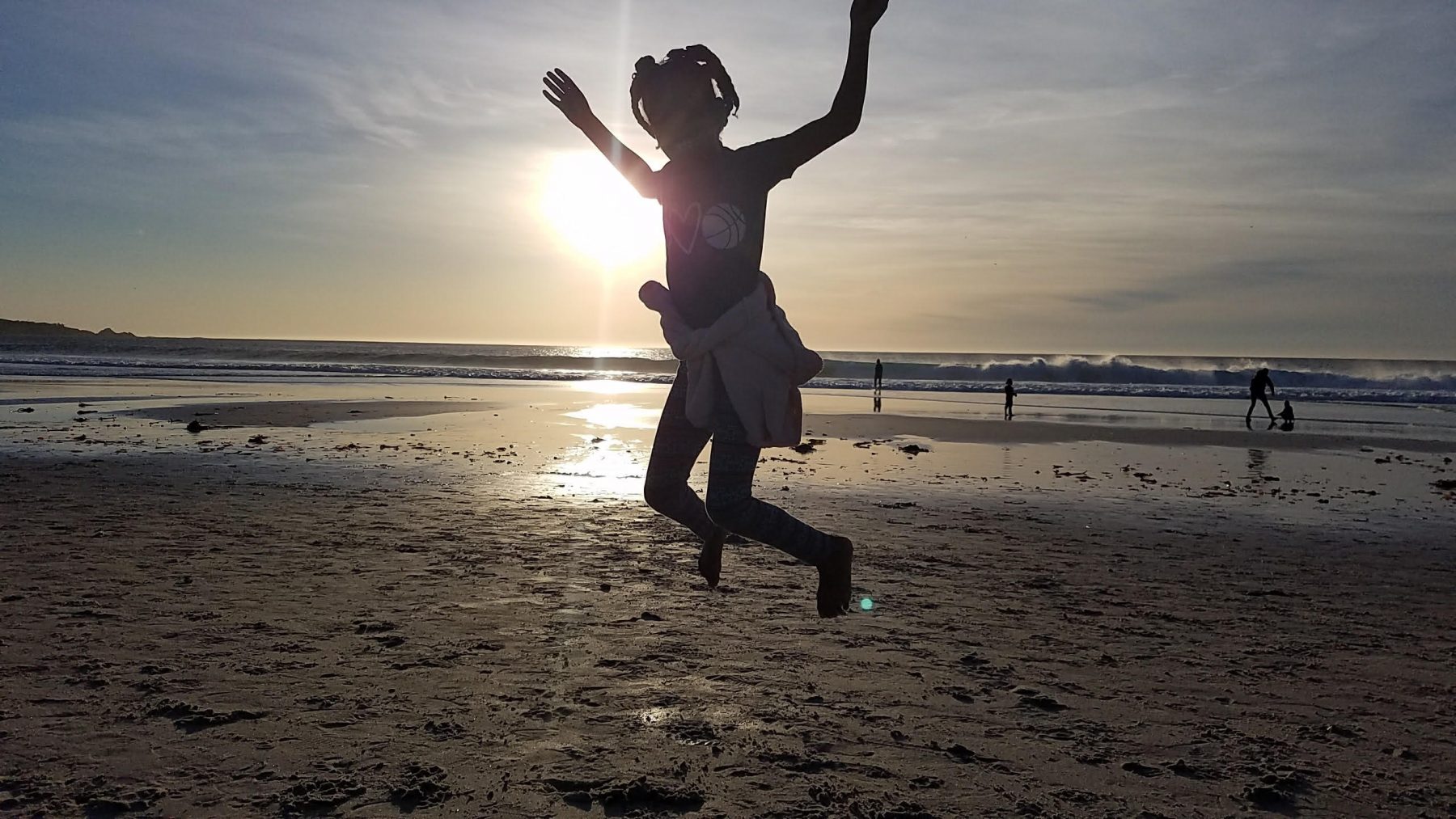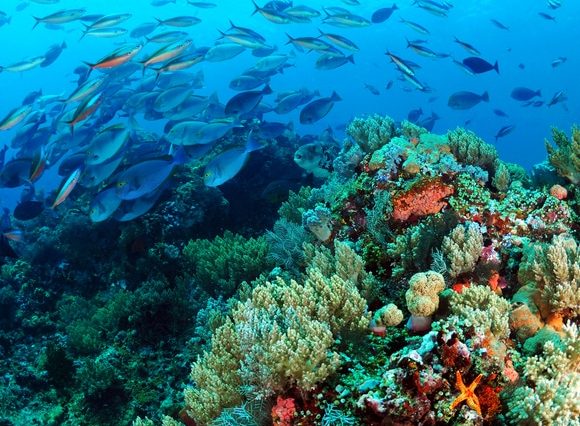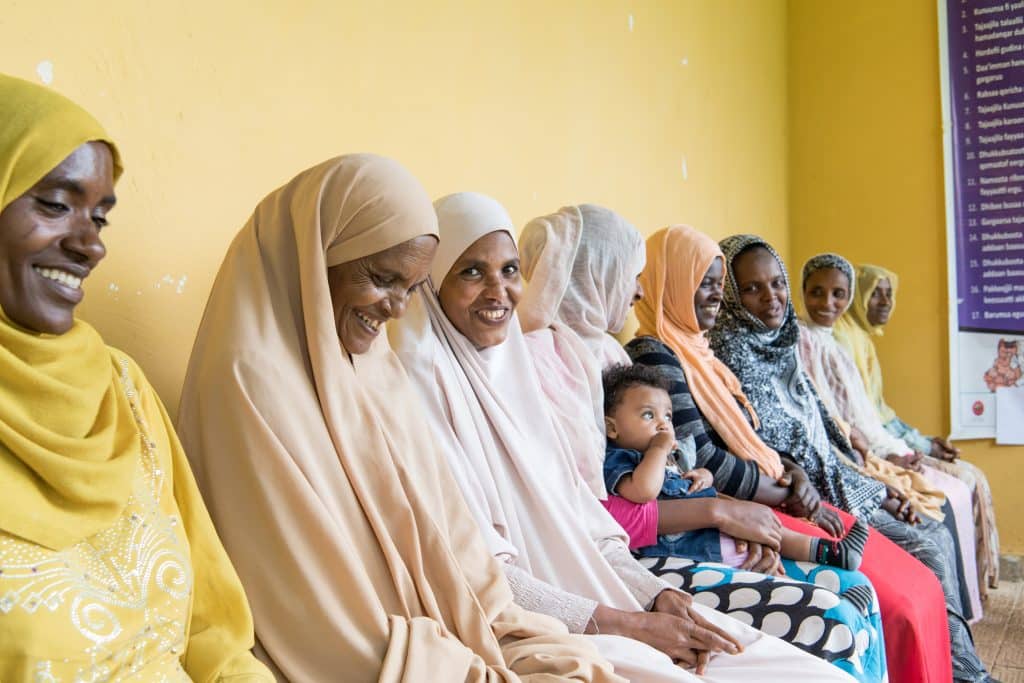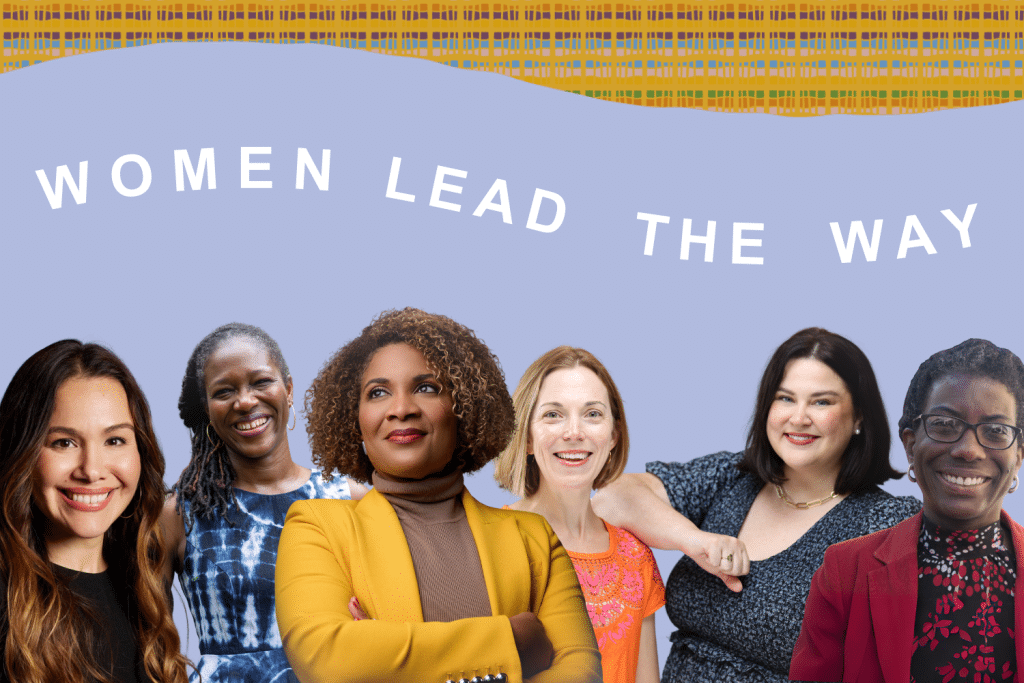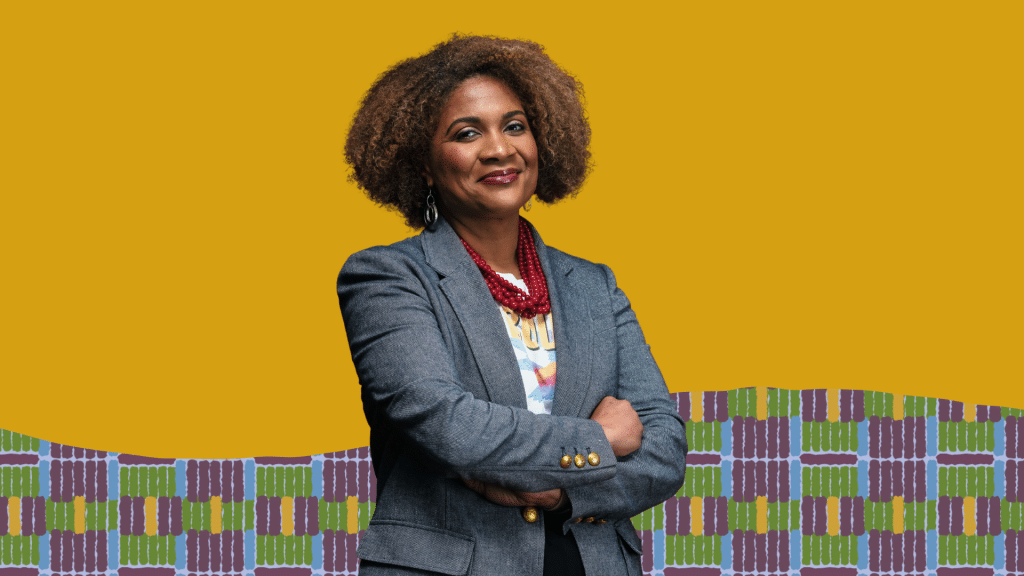Transforming ocean conservation communications
People all around the world are passionate and enthusiastic about the ocean – even if they’ve never personally dipped their toes into its salty waters. How can we better understand and tap into people’s deep connections to the ocean to strengthen the ways we protect it?
Beginning in 2016, with support from the David and Lucile Packard Foundation, Goodwin Simon Strategic Research and Wonder: Strategies for Good embarked on a five-year audience research and field-testing project to better understand how to create communications messaging approaches that can strengthen public support for ocean conservation.
The project explored the lived experiences of people across the nation and their emotional connections to the ocean. The goal: to encourage a wider audience to take action to protect the ocean.
This research, conducted from 2016 to 2018, and tested in the field from 2019 to 2021, has shown that people from diverse racial, ethnic, socio-economic, political, and faith backgrounds don’t simply care for the ocean, they are heartwired to love the ocean. For them, being at or near the ocean is a powerful, multi-sensory experience that evokes strong memories of their lived experiences with the ocean and equally strong emotional reactions, including a powerful desire to protect it for future generations.
The original “Heartwired Guide to Love the Ocean: Messaging Guide for Advocates” was recently updated to include results from field testing. The updated guide includes ten new case studies featuring eleven organizations that have incorporated recommendations from the research into their communications:
- California Coastkeeper Alliance
- Corazón Latino
- Creation Justice Ministries
- Friends of the Mariana Trench
- Gulf of Mexico Reef Shareholders’ Alliance
- Hispanic Access Foundation
- Inland Ocean Coalition
- National Marine Sanctuary Foundation
- National Parks Conservation Association
- Sachamama
- The Ocean Project
For example, Creation Justice Ministries highlights the importance of authenticity for reaching faith communities about the ocean, whereas Friends of the Mariana Trench speaks to localizing messaging within the cultural identity of a region.
Taken together, these case studies demonstrate how organizations have used Heartwired messaging to improve their communications, and, ultimately, their impact. They also provide lessons for advocates who are working to improve their own communications around ocean conservation.
A Values-Based Approach
The quantitative and qualitative research revealed six primary mindsets that are key to understanding how to effectively message ocean conservation to potential advocates:
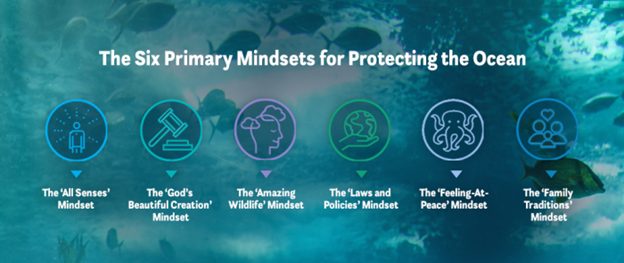
People are more open to persuasion when communications, both the message and messenger, are attuned to their mindset (or mindsets, as many people are attuned to more than one ocean mindset). Grounding communications in one or more of these six ocean mindsets can help transport potential allies into a motivational state of mind where they are more open to acting.
We believe the strategies outlined in the report can help advocates and funders alike foster and support an inclusive conservation field. Even amidst a global pandemic and economic slowdown, we see that the recommendations in this guide work on the ground.
A More Inclusive & Diverse Ocean Conservation Community
The Packard Foundation recognizes that we can do more to support an inclusive and diverse U.S. ocean conservation field in partnership with communities that have been historically underrepresented in the marine conservation movement. Indigenous communities, people of color, young people, and community- and faith-based leaders are some of the many groups that have an important role to play in stewarding the ocean.
Together, it is the time to collectively rejuvenate the ocean conservation movement and ensure it is more powerful, and diverse so that together we can work toward equitable solutions and practices to sustain the ocean that gives us all life.
Creating positive, lasting change is not easy—but it is possible.



